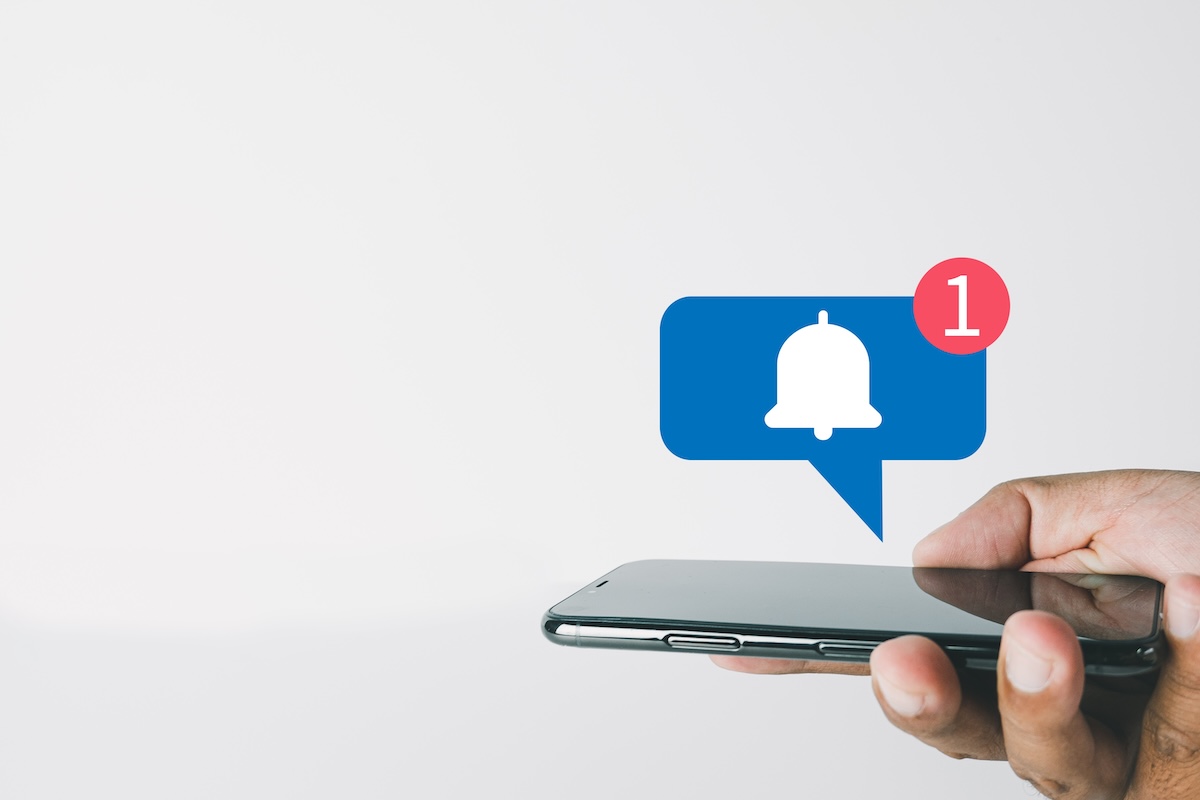Managing chronic conditions like high blood pressure, diabetes, or heart disease isn’t just about feeling better today—it’s about protecting your health in the long run. Taking your prescribed medications as directed plays a huge role in this.

The Benefits of Taking Your Medications
- Lower your risk of serious problems: Medications help control blood pressure, blood sugar, or cholesterol, which reduces the risk of heart attack, stroke, kidney damage, and vision problems.
- Keep symptoms under control: Properly taking your medications can help you feel better day-to-day and avoid complications from uncontrolled conditions.
- Prevent hospital visits: People who take their meds as prescribed are less likely to need emergency care or be hospitalized for complications.
- Protect your organs: For example, controlling blood pressure helps your heart, kidneys, and eyes stay healthy.
Understanding Risks vs. Benefits
- All medications can have side effects, but for most people, the benefits far outweigh the risks.
- Doctors monitor your health through labs and checkups to make sure medications are safe for you.
- Missing doses or stopping medications without talking to your provider can be much riskier than potential side effects.
- Bottom line: The benefits—reducing serious complications and protecting your long-term health—usually outweigh the risks when medications are taken as prescribed.

How Medication Helps Prevent Complications
Taking your medications correctly helps prevent serious problems over time:
- Heart: Lower blood pressure or cholesterol protects your heart from heart attacks and heart failure.
- Brain: Prevents strokes and cognitive decline.
- Kidneys: Protects kidney function, especially important if you have diabetes or high blood pressure.
- Eyes: Helps prevent vision problems related to high blood pressure or diabetes.
- Overall health: Reduces hospitalizations and helps you stay independent longer.
Tips to Stay on Track
- Set reminders on your phone or watch.
- Keep a medication calendar or pill organizer.
- Talk to your provider if you experience side effects—there may be alternative options.
- Never stop or adjust your dose on your own.

Takeaway
Taking your medications as prescribed is one of the most powerful ways to protect your health. Even if you feel well, your medicine is quietly doing its job — preventing complications and keeping your body strong. When you pair your medications with healthy habits like balanced meals, regular activity, and routine checkups, you give yourself the best chance for long-term wellness.
Want to learn more about specific medications?
- For blood pressure: Understanding Your Blood Pressure Medication
- For diabetes: Understanding Non-Insulin Diabetes Medications and Insulin Basics



